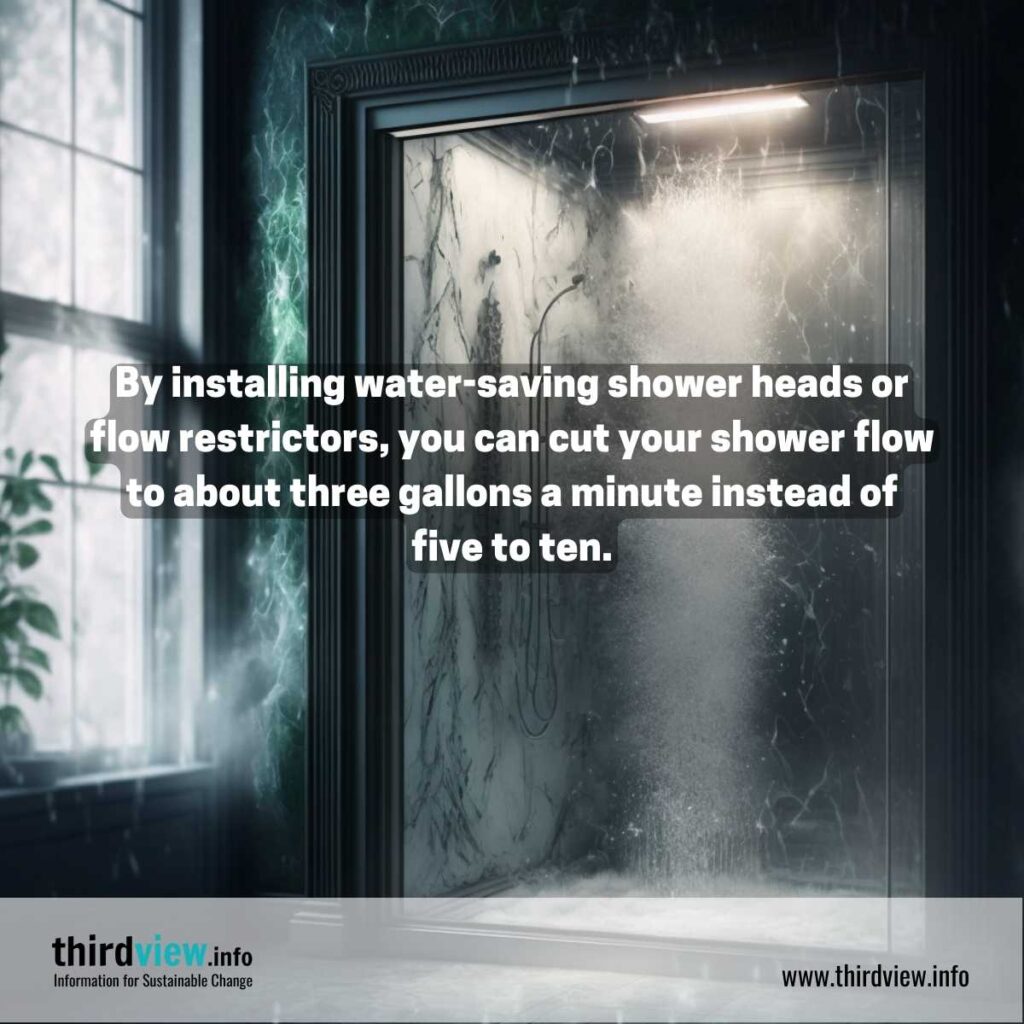The Single Strategy To Use For Reclaim Waste
The Single Strategy To Use For Reclaim Waste
Blog Article
The Facts About Reclaim Waste Revealed
Table of ContentsThe Ultimate Guide To Reclaim WasteRumored Buzz on Reclaim WasteHow Reclaim Waste can Save You Time, Stress, and Money.Indicators on Reclaim Waste You Need To KnowGet This Report about Reclaim Waste
Domestic sewage waste refers to the waste and items from a domestic septic container. The proper monitoring and disposal of domestic sewer waste require liquid waste to be moved to a sewer treatment plant where the appropriate approaches and equipment are used to detoxify and dispose of waste.
Industrial waste usually includes prospective risks, such as combustible products or a blend of liquid and strong waste items, and requires an advanced and comprehensive disposal process. The disposal of business waste normally entails the filtration of waste before transportation to ensure safe and appropriate disposal. Hazardous waste is produced from results and drainage of industrial procedures and manufacturing.
This sort of waste can not use the exact same sewage administration transport or procedures as septic or industrial fluids. The commercial waste administration process calls for the assessment and testing of fluid waste prior to it undergoes the disposal procedure (liquid waste removal melbourne). Runoff waste is the fluid waste that comes from drainage and excess stormwater in very inhabited areas or cities
Runoff waste can cause contamination and flooding if not taken care of effectively. Making sure appropriate waste management can avoid disasters and lower ecological harm.
What Does Reclaim Waste Mean?
Get in touch with PROS Providers today to find out about our waste management and disposal services and the appropriate means to look after the fluid waste you create.
(https://www.imdb.com/user/ur191403836/?ref_=nv_usr_prof_2)Do you recognize what happens to your water when you disengage, flush the commode or drain the washing equipment? No? Well, it's worth recognizing. This so-called 'wastewater' is not just a crucial resource yet, after treatment, will certainly be released to our land, rivers or the sea. Utilized water from commodes, showers, baths, cooking area sinks, laundries and commercial processes is recognized as wastewater.

water used to cool down machinery or tidy plant and devices). Stormwater, a type of wastewater, is overflow that moves from farming and urban areas such as roof coverings, parks, yards, roads, paths and rain gutters into stormwater drains, after rainfall. Stormwater flows unattended straight to neighborhood creeks or rivers, eventually getting to the sea.
Reclaim Waste for Dummies
In Queensland, check over here many wastewater is dealt with at sewage treatment plants. Wastewater is moved from domestic or industrial websites through a system of drains and pump terminals, understood as sewerage reticulation, to a sewage treatment plant. City governments build, preserve and operate most sewage treatment plants. Operators are certified under the Environmental Defense Act 1994 to release cured wastewater at an appropriate ecological standard right into rivers.
The Division of Natural Resources suggests city governments about managing, operating and preserving sewage systems and treatment plants. In unsewered areas, neighborhood governments may call for owners to mount specific or family sewer therapy systems to treat domestic wastewater from toilets, cooking areas, washrooms and washings. The Department of Natural Resources authorises making use of household systems when they are shown to be efficient.
The majority of stormwater gets no treatment. In some new neighborhoods, treatment of some stormwater to get rid of clutter, sand and crushed rock has actually started utilizing gross contaminant traps. Wastewater treatment takes place in 4 phases: Gets rid of solid matter. Larger solids, such as plastics and various other things mistakenly discharged to sewage systems, are removed when wastewater is gone through displays.
Uses little living microorganisms recognizes as micro-organisms to damage down and remove continuing to be liquified wastes and fine bits. Micro-organisms and wastes are incorporated in the sludge.
The Best Strategy To Use For Reclaim Waste
Nutrient elimination is not readily available at all sewer therapy plants due to the fact that it requires expensive specialist equipment. Clear liquid effluent produced after therapy might still have disease-causing micro-organisms - liquid waste disposal melbourne.

This typically implies wastewater has to be treated or contaminants gotten rid of prior to it can be released to rivers. A lot of wastewater moves into the sewerage system. Under the Act, neighborhood federal governments provide approvals and permits for eco pertinent tasks (Ages) entailing wastewater launches that may have a neighborhood impact. The division carries out approvals and licences to Periods entailing wastewater releases that could have a local or statewide effect.
A Biased View of Reclaim Waste
Tracking supplies accurate info regarding water high quality and can verify that licence conditions are being satisfied. The details gotten via monitoring gives the basis for making water quality choices.
Report this page